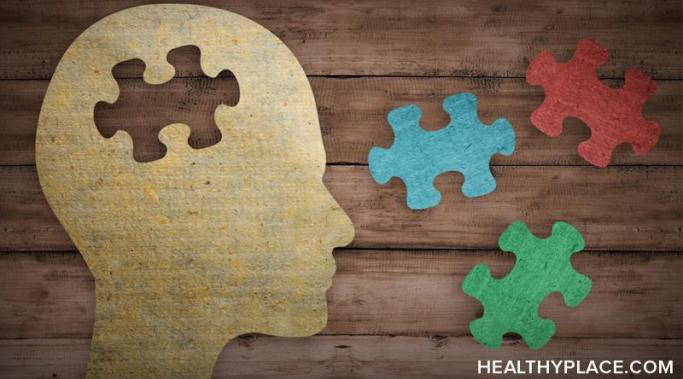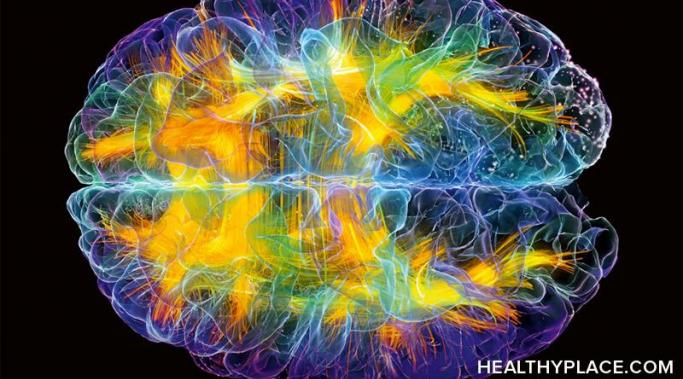Blogs
True or false: Anxiety is a real mental illness? That is a bit of an irritating question, isn’t it? For one thing, it’s a true-or-false question, and those are inherently obnoxious. I’ve never been a black-and-white thinker, and from kindergarten through graduate school, I struggled with true-or-false questions because I couldn’t see absolutes. Things haven’t changed for me in this regard. Regarding the statement "anxiety is a real mental illness," I can see that the statement is both true and false. I realize that this is a vague and probably unsatisfactory answer to a hotly debated topic. Here’s a look at that question and its answer (or lack thereof).
Mindful eating habits are one of the simplest ways we can reduce anxiety. Food is one of the most fundamental ways we nourish our physical and mental health. But it’s not just what we eat, but how we prepare and consume our food. Given that we eat daily, mealtime is the perfect opportunity to practice mindfulness tools that can help ease anxiety.
For many individuals with posttraumatic stress disorder (PTSD), short-term memory loss is a significant concern. While working to calm and organize memories of trauma, individuals with PTSD may also struggle to recall simple, everyday information. Short-term memory loss can leave an individual with PTSD with concerns over deteriorating cognitive functioning, and uncertainty about just how much forgetfulness is reasonable and how much becomes a medical concern.
Creating a gratitude practice to enhance eating disorder recovery is important because an eating disorder cheapens your mindset on life and convinces you that suffering is permanent. But learning to practice gratitude can weaken the eating disorder's influence. Gratitude can cut through all that negativity and redirect your focus onto glimmers of hope, beauty, purpose and love. These feelings are often subdued beneath layers of torment and abuse from the eating disorder critic, but finding reasons to appreciate yourself, the people around you and the experiences you're given will cause that voice to fade—then, ultimately, disappear.
Mental illness and stress do not mix well. There have been many times in my recovery when I've needed a break. Whether it was a medical leave from school or a few days off of work, I've always found giving myself a break helpful. I would usually return to work or school a rested, happier, and more productive person. Here are four signs that have shown me that I've needed a break because of mental illness and stress.
Sometimes people don't know what to say to someone with depression. Those of us with depression typically have family and friends who want to encourage us; however, all too often we find that even well-meaning people end up saying the very things we don't need to hear. When this happens, it can leave both the person who spoke the words and the person to whom they were spoken feeling quite discouraged and possibly angry or upset. While I'd like it if all people could somehow know what to say to someone with depression, that's not realistic. Instead, we need to give them suggestions and guidelines. I've come up with some things that I would like to hear as someone with depression.
Obsessive-compulsive disorder (OCD) plagued me from the age of six. And, in fact, plagues me until I discovered meditation. While many like to joke about having OCD, my diagnosis was one I tried to hide, feeling ashamed of it as I grew up. Doctors tried to figure out how a child could be such a perfectionist and obsessive clean freak, but I lived with this reality knowing nothing different. As far as I knew, the way my brain worked was normal; productivity should have been everyone's top concern (as far as I was concerned). Meditation saved me from OCD thoughts.
The link between verbal abuse and depression is well known, but I didn't realize I had depression until my verbally abusive relationship ended and I felt suicidal. It's hard to write those words because they feel so alien to me now, but it shouldn't be. It's the truth -- a truth that will resonate with anyone who's ever been told by the person they love most that they're not enough: not thin enough, not funny enough, not smart enough, or not enough to make someone happy. But was I always prone to these feelings of depression and hopelessness, or were they triggered by the verbal and emotional abuse in my relationship?
Attention-deficit/hyperactivity disorder (ADHD) and trauma or posttraumatic stress disorder (PTSD) symptoms can overlap, making the combination difficult to correctly diagnose or treat. The two conditions share certain symptoms and can be hard to distinguish. Sometimes PTSD exacerbates ADHD and ADHD slows recovery from PTSD. Though challenging, treating the combination of ADHD and trauma is not insurmountable.
Sometimes you have to talk to your boss about depression. It might be difficult for you to imagine talking to some of your friends about your depression, much less your boss. Personally, I have disclosed my depression to my bosses at several different jobs, and it was never easy, but it was always worth it. Before you jump into this tough conversation, there are several factors you should consider.










I believe she will only be able to rid herself of her demons, and hopefully her BPD as well, when she's ready to confront the abuse of her father. If she can put the blame where it belongs, she may stop projecting that victim/perpetrator cycle on the present men in her life. These demons are a metaphor for the purgatory she has created for herself. That reality has consequences in the real world, but it need not be real in the tangible sense. Exorcising her demons will require the expenditure of real physical energy and probably the destruction of aspects of her personality. If this ever happens, and it's possible but not probable, then these demons will evaporate. They are only as real as one's personality is real. In short, reality is not the question, it's what you make of the things you feel to be real.